Trump’s Tariffs Could Slash U.S. Deficits By $4 Trillion, CBO Finds – Financial Freedom Countdown
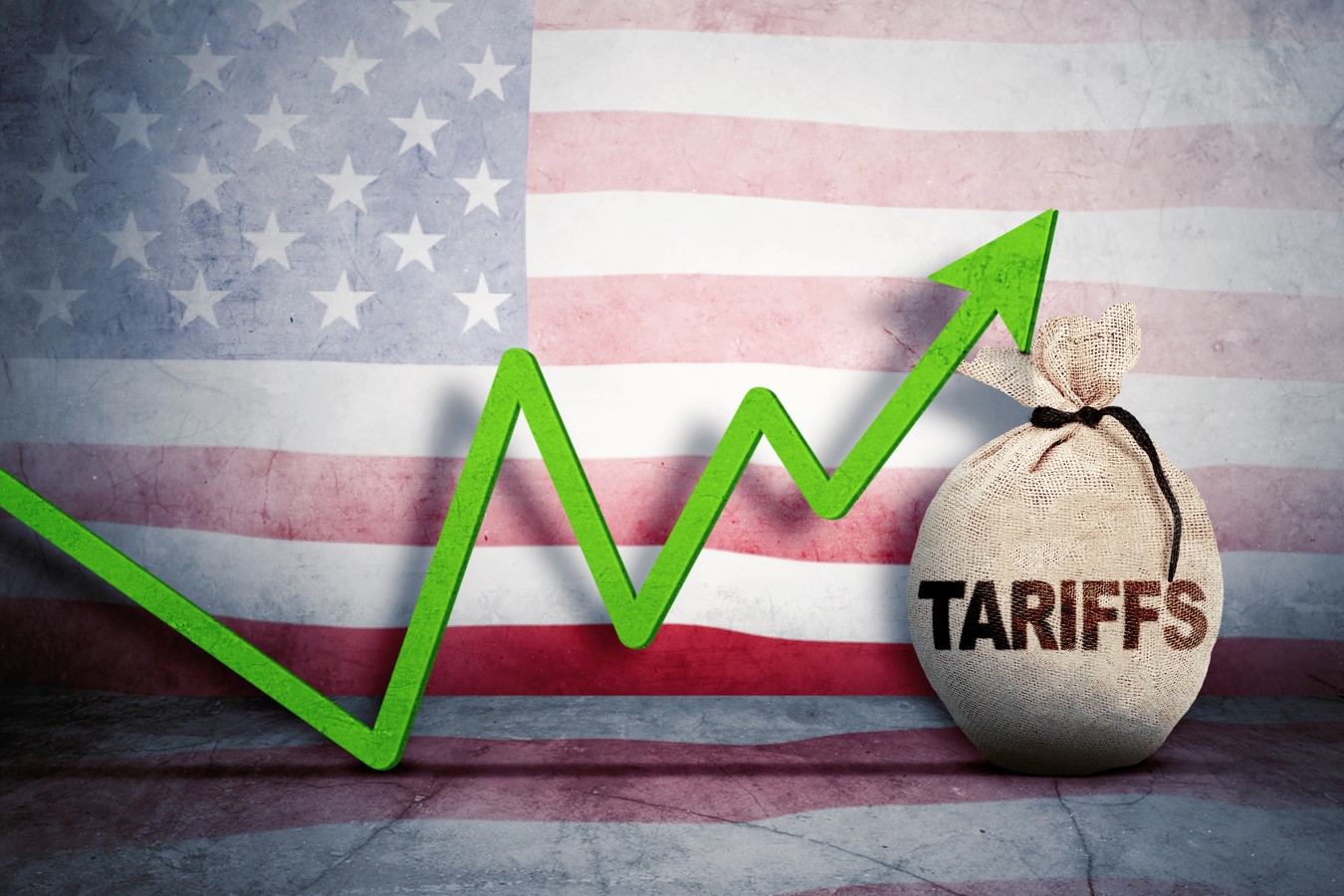
President Donald Trump’s aggressive tariff policies could shrink the national deficit by as much as $4 trillion over the next decade, the non-partisan Congressional Budget Office said Friday.
The estimate reflects a significant increase from June’s projections, highlighting how quickly tariffs are reshaping U.S. fiscal reality.
How the $4 Trillion Deficit Reduction Breaks Down
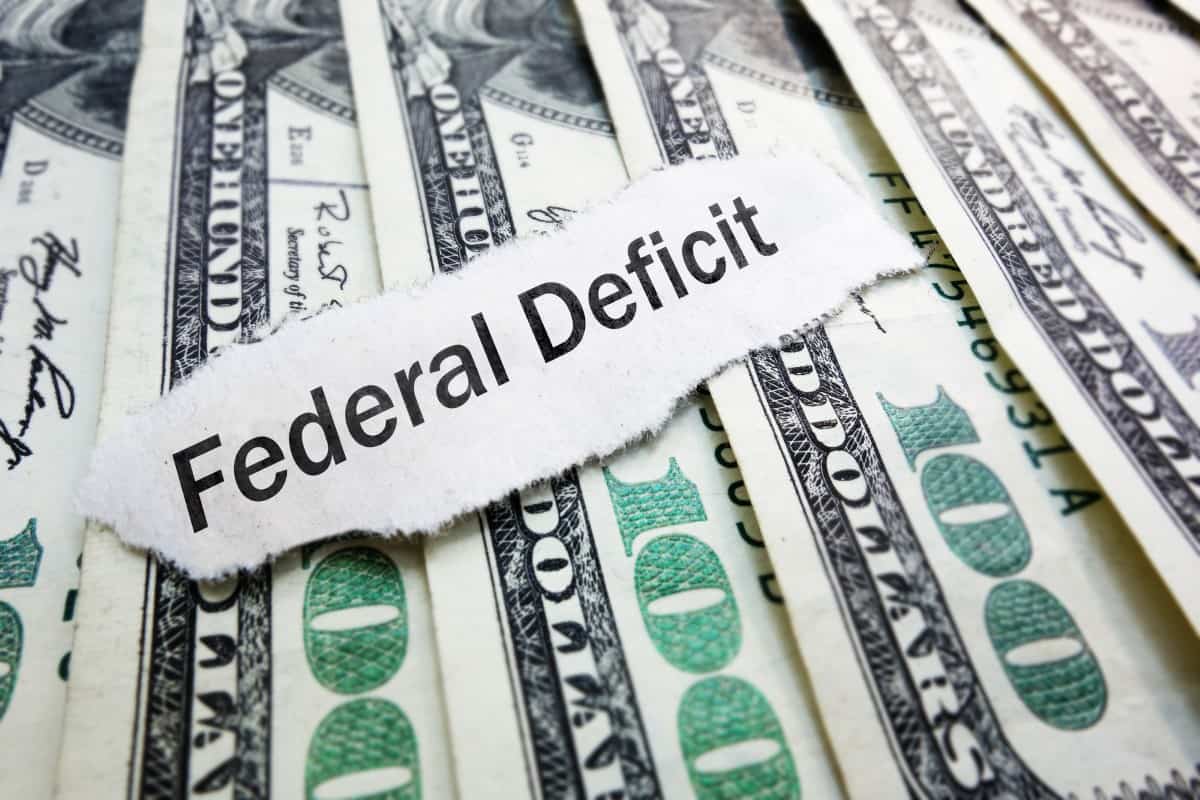
CBO Director Phillip Swagel noted that primary deficits would fall by $3.3 trillion due to tariff revenue, while federal interest payments would decrease by $700 billion, for a total $4 trillion reduction through 2035.
The jump from the earlier $3 trillion estimate underscores the growing impact of Trump’s trade policies.
Tariff Rates Keep Rising
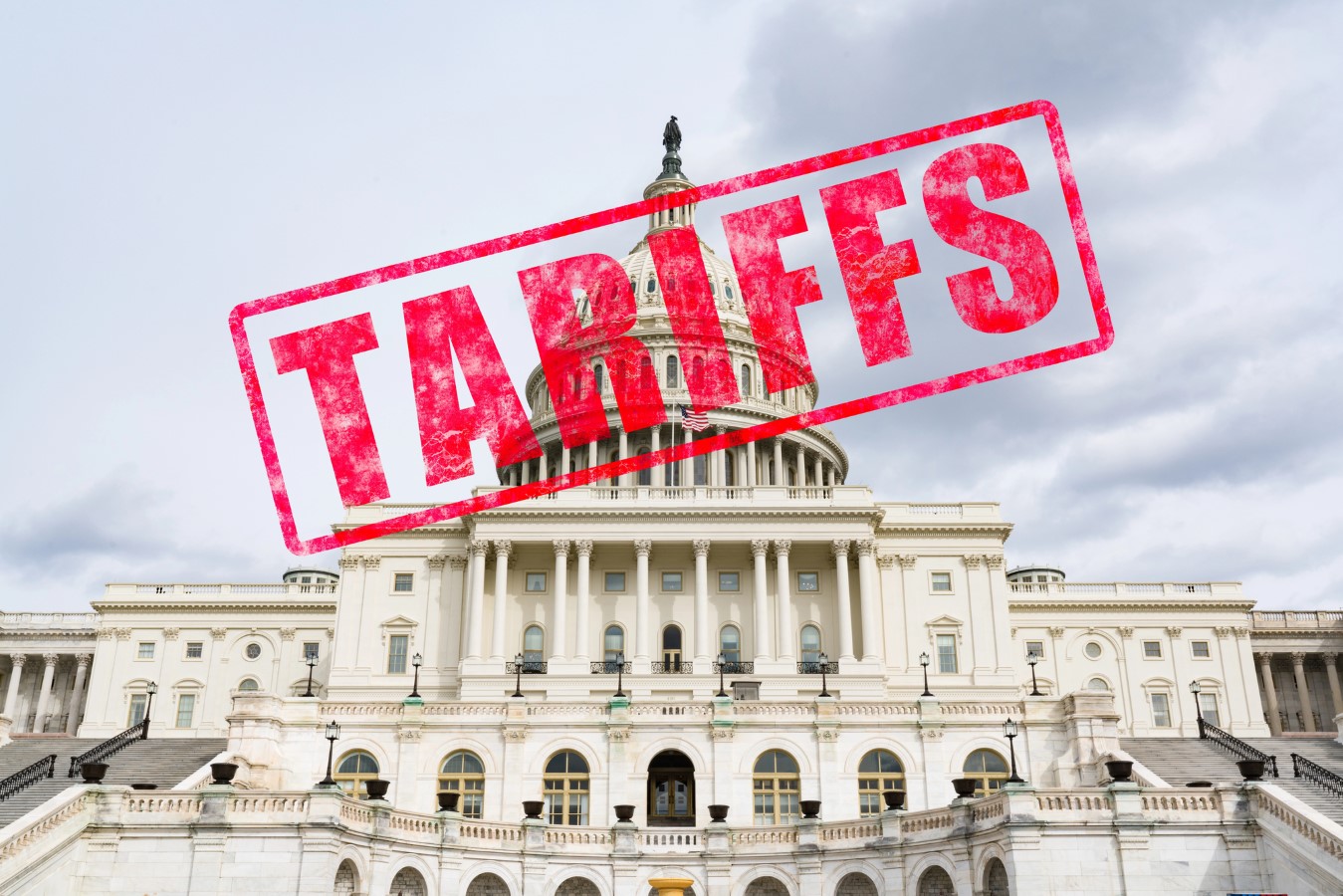
U.S. tariff rates averaged 16.7% in August, up from 15.1% in June.
Customs and Border Protection has assessed more than $26 billion in duties this fiscal year, a dramatic increase from the previous year, demonstrating the growing financial impact of Trump’s trade agenda.
The CBO Projects Further Increases
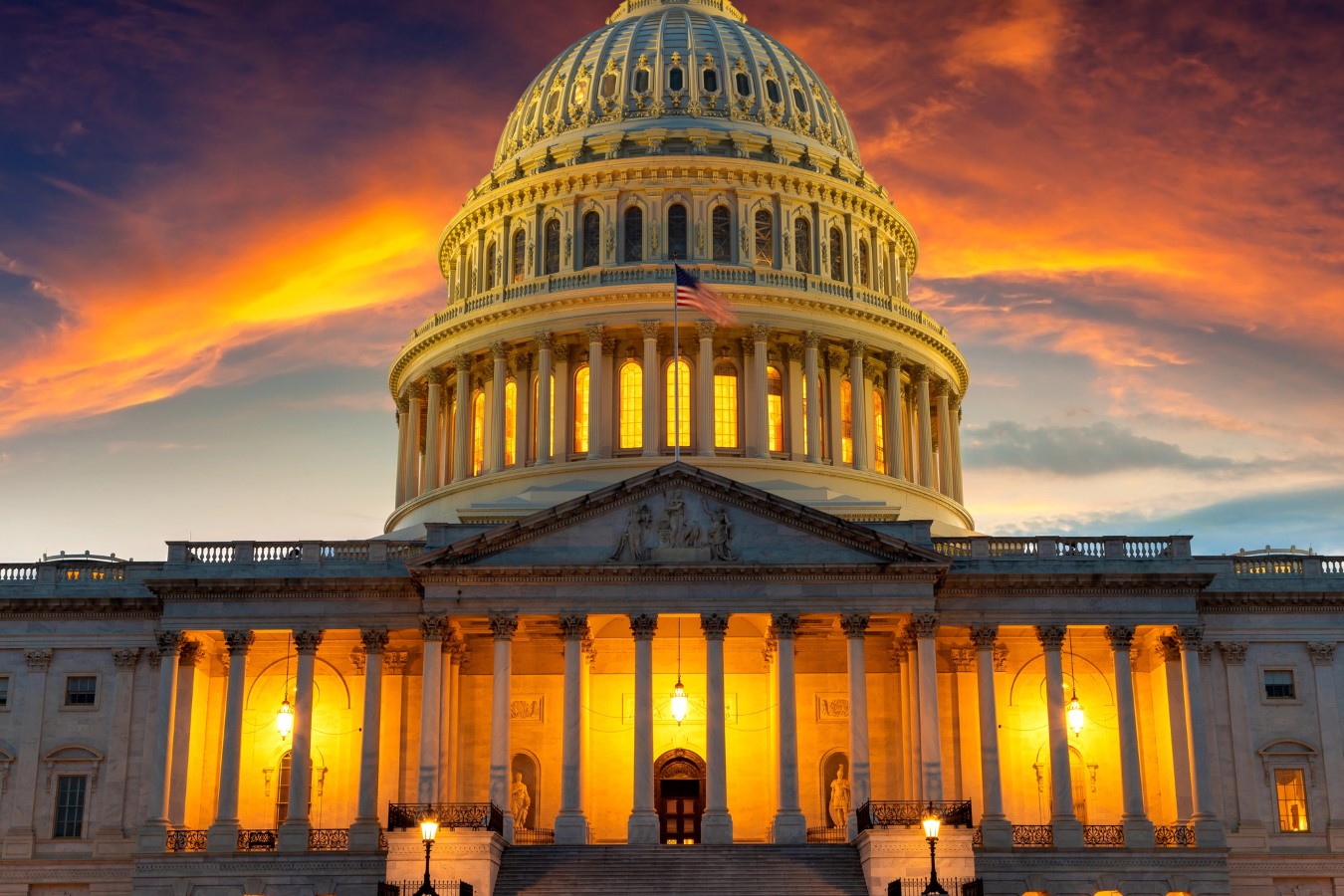
Swagel noted that customs duties from new and existing tariffs could reach $200 billion this fiscal year if current rates are maintained.
This projection reinforces the notion that tariffs are evolving into a long-term source of federal revenue.
Tariffs Becoming Hard to Reverse
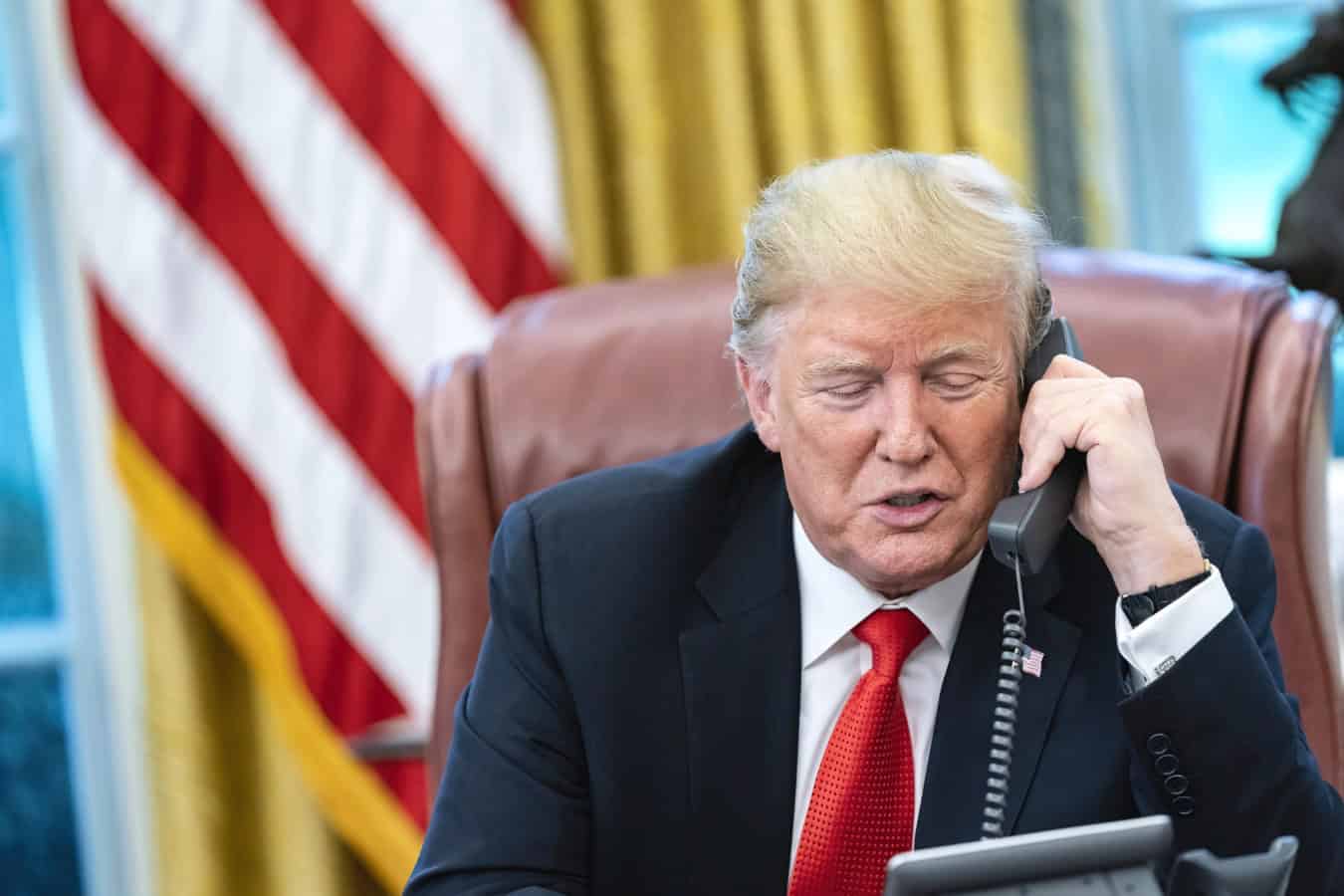
The rapid surge in revenue has left policymakers in a bind. “Although there are many legitimate concerns over the tariffs… policymakers should not repeal them without an adequate replacement for the revenue loss,” the Committee for a Responsible Federal Budget warned, emphasizing that tariffs are becoming entrenched in the U.S. economic system.
Tariffs Hurt Economic Growth Say Critics

Despite the deficit reduction, CBO projections highlight negative effects on the economy.
Swagel explained that tariffs can slow output by reducing investment and productivity, even as the revenue they generate lowers borrowing needs and frees funds for private investment.
Although critics have claimed that tariffs would hurt growth, no signs are visible in the economy.
The Megabill’s Role in Deficits
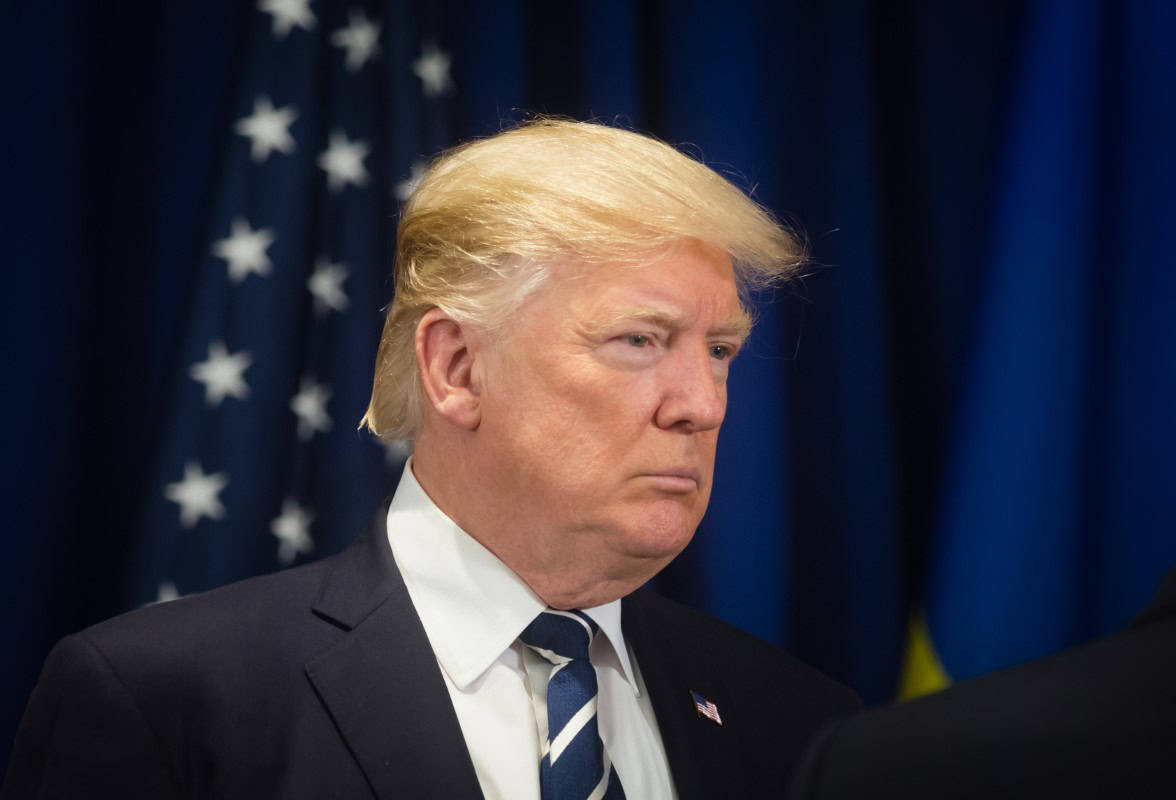
The One Big Beautiful Bill Act, passed over the summer, is projected to add $3.4 trillion to deficits over the next decade.
Tariff revenue may help counteract this increase, but economists remain divided on whether the combination of policies will ultimately balance the federal budget.
Deficit Offsets Republican Tax Cuts
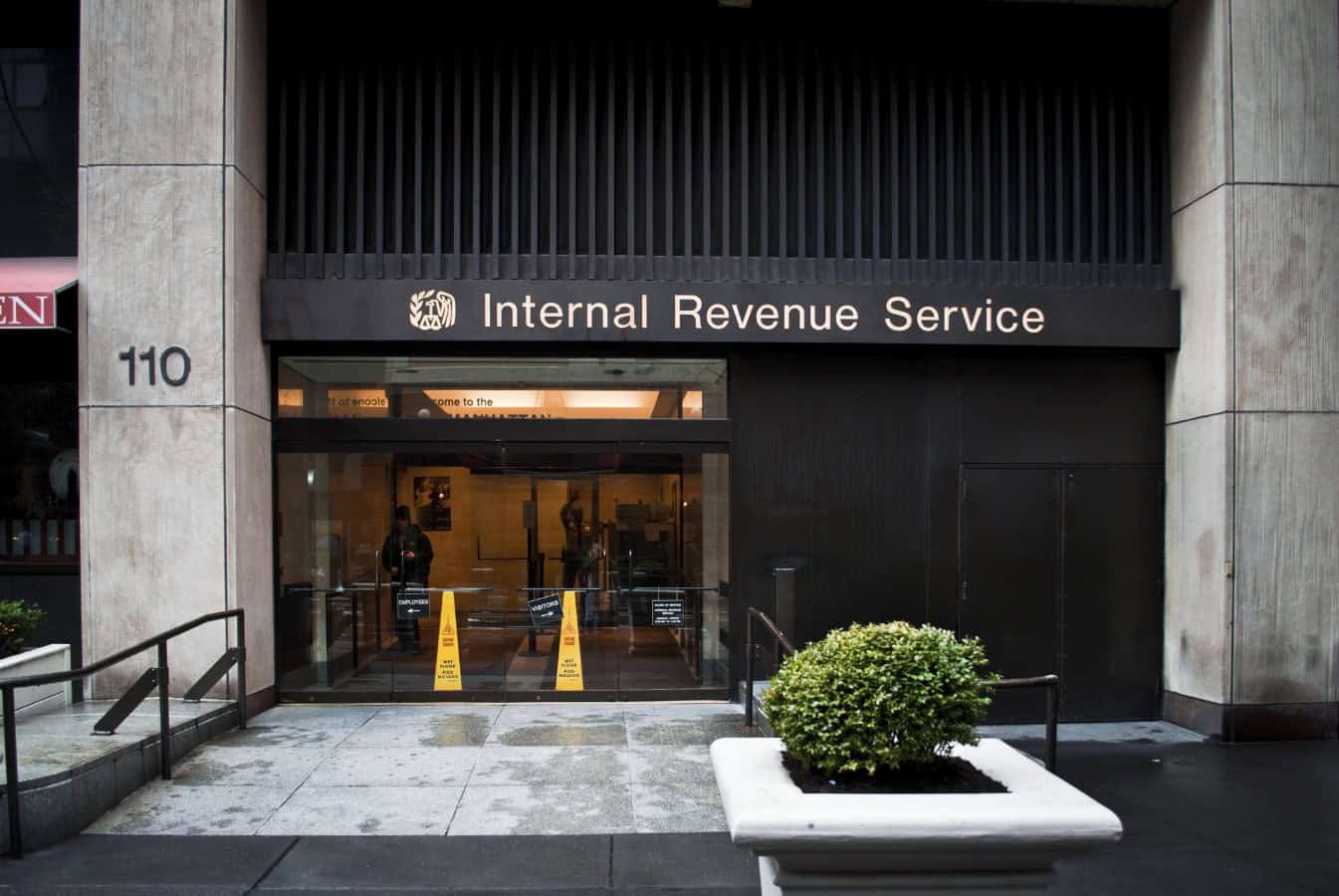
The $4 trillion in projected tariff revenue could help counteract deficit increases caused by the recent Republican tax-cut and spending legislation, which the CBO estimates will widen the deficit by $3.4 trillion over the next decade.
Federal Debt Hits Record Levels
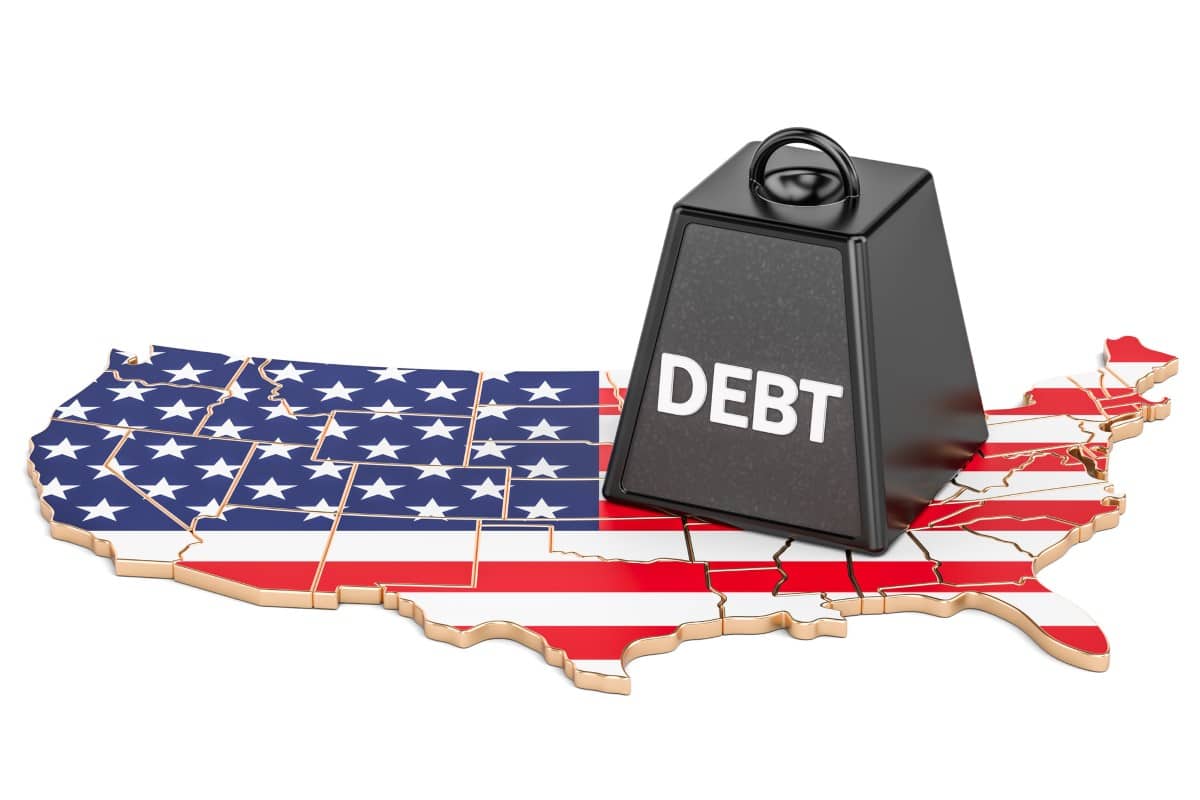
The U.S. federal debt currently stands at $37.18 trillion, and debt per citizen exceeds $108,000.
While tariffs may slow the growth of deficits, the overall debt trajectory remains a major concern for lawmakers.
Government Faces Funding Deadline
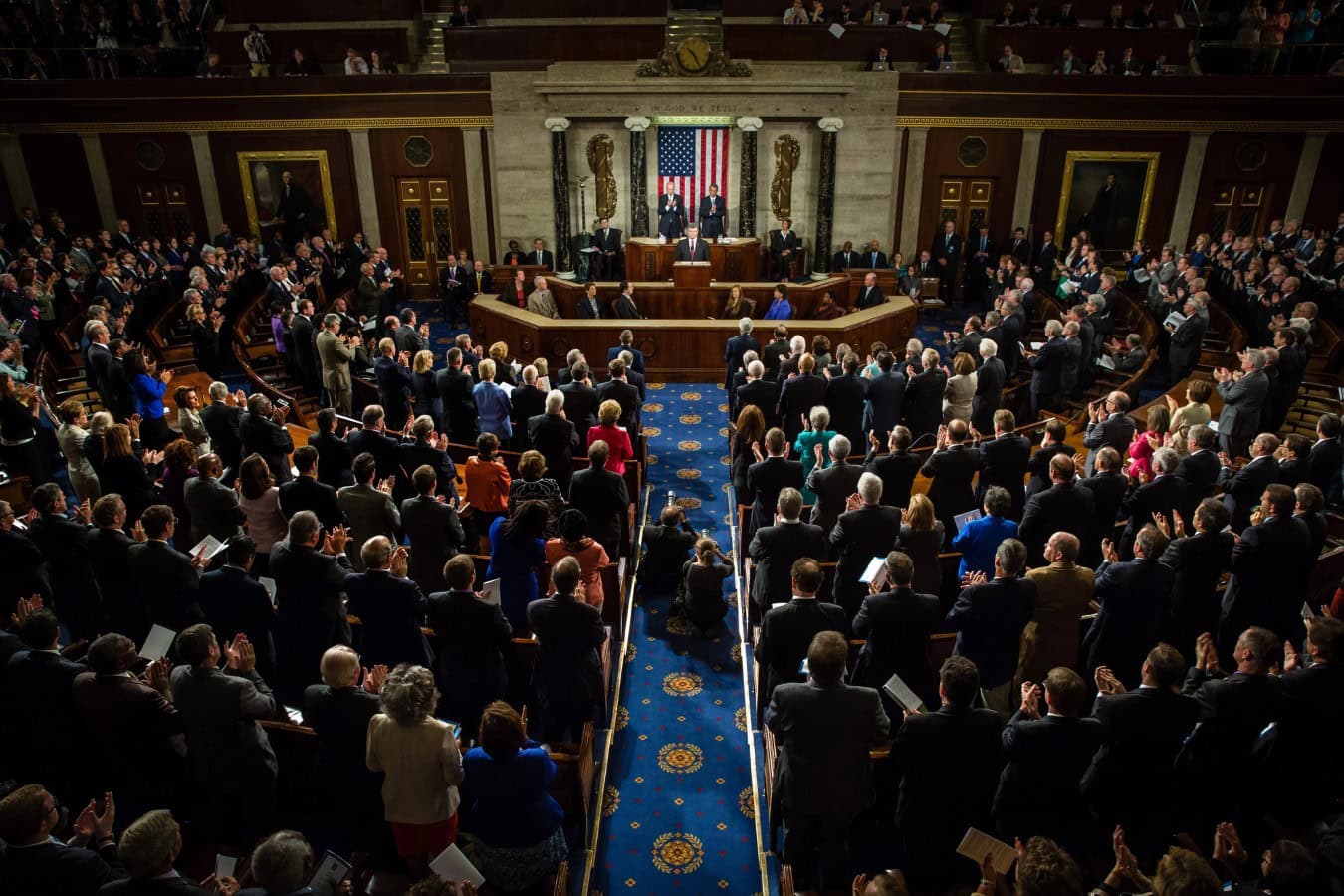
Congress must pass spending bills by the end of September to avoid a government shutdown.
In this context, new tariff revenue could provide a cushion for federal finances amid ongoing fiscal pressures.
White House Highlights Growth Potential

Officials have argued that economic growth from Trump’s second-term priorities, including the One Big Beautiful Bill Act, could offset additional deficit pressure.
However, many analysts caution that growth alone may not fully balance the fiscal impact.
Skeptics Warn of Unintended Consequences
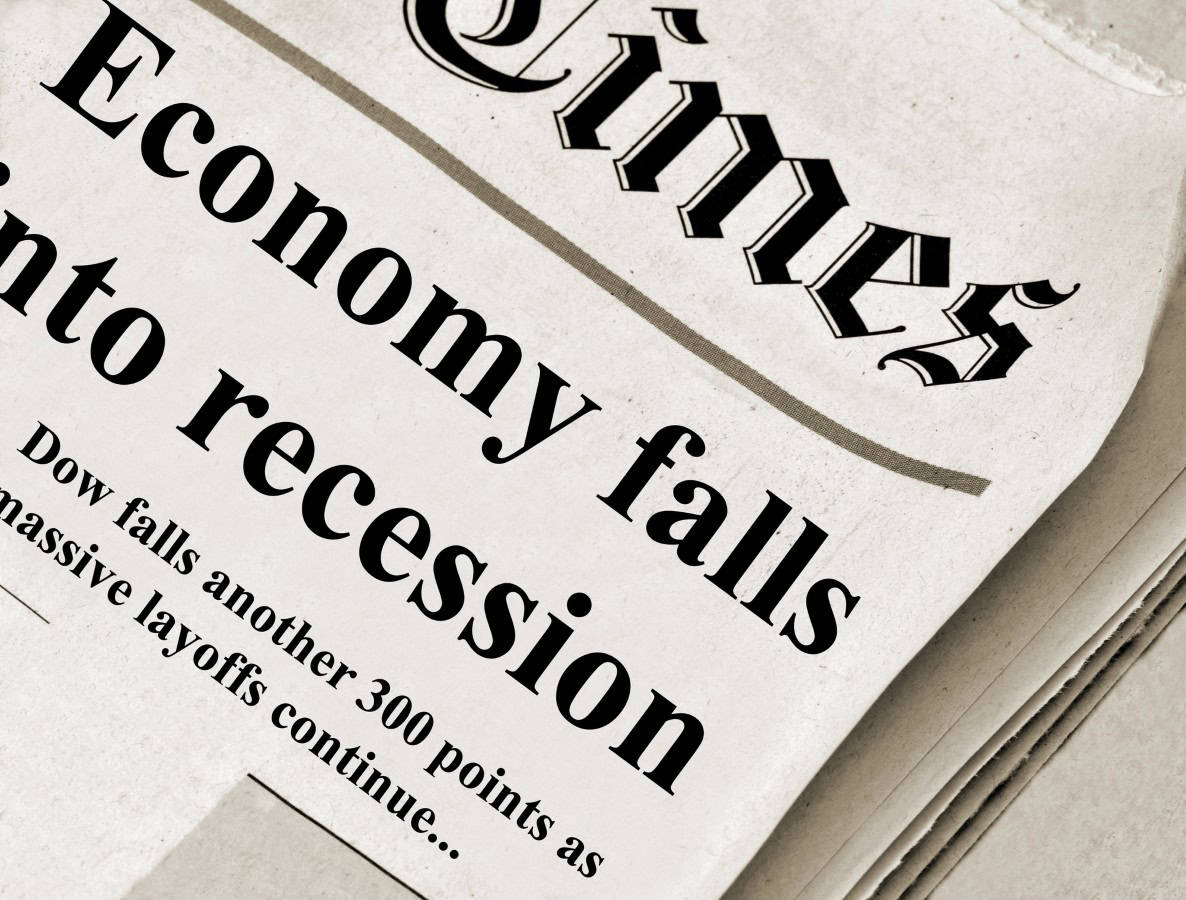
While deficit reduction is a clear benefit, critics warn that the negative effects on trade, investment, and productivity could slow long-term growth.
Balancing revenue gains with economic stability will be a key challenge for policymakers.
Looking Ahead: Negotiations and Legal Challenges

Trump’s top tariff rates may not remain static, as negotiations with trade partners and ongoing international legal challenges could alter the landscape.
Future revenue estimates may change depending on these developments.
How Tariffs Affect Everyday Americans
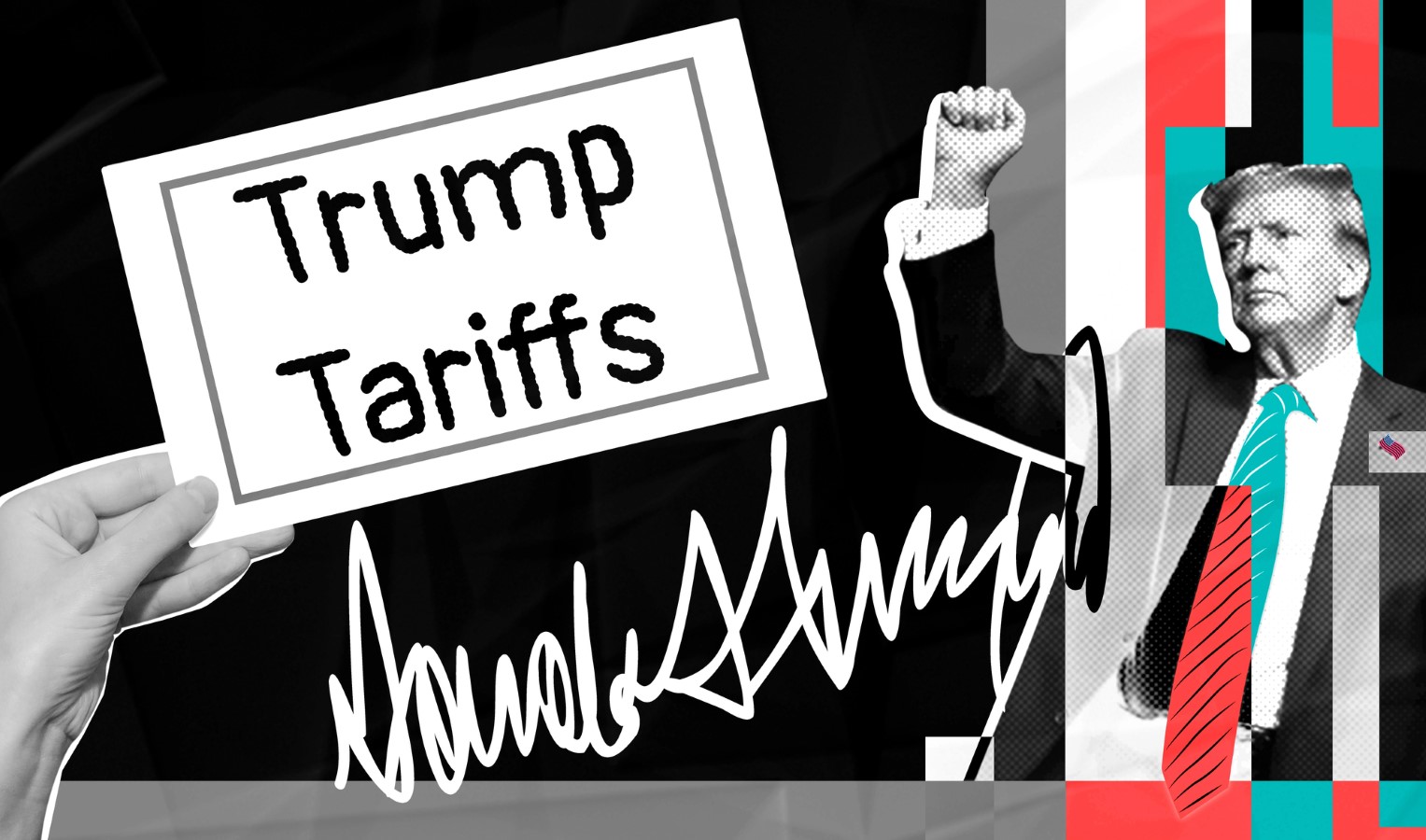
Higher tariffs may lead to increased costs for consumers and businesses, impacting everything from electronics to agricultural goods. While the federal government benefits from additional revenue, the broader economic effects could offset some gains.
A Changing Fiscal Landscape
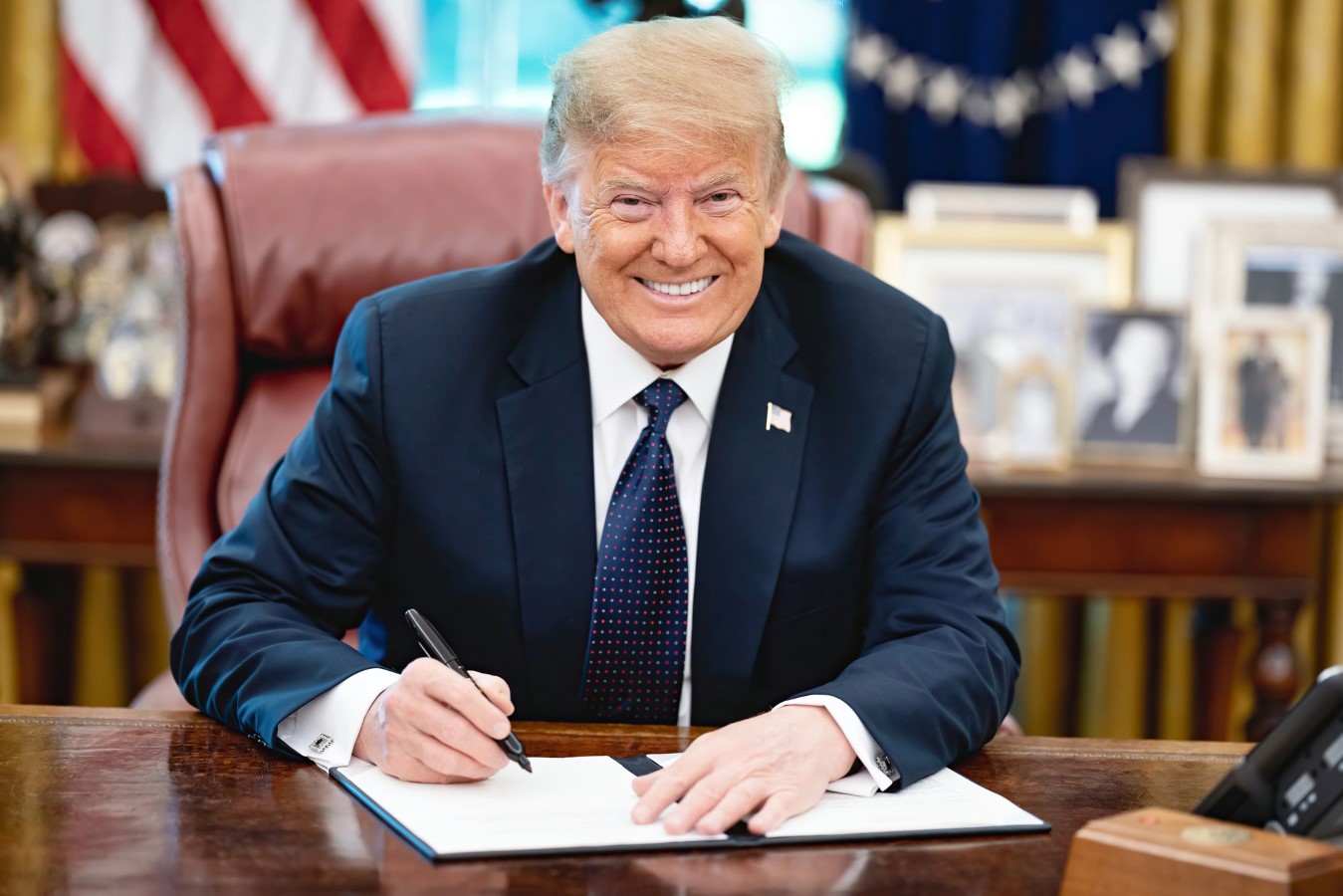
CBO estimates show that the combination of tariffs, tax policy, and legislation is creating a new fiscal reality for the United States.
Lawmakers will need to carefully navigate the trade-offs between revenue, debt, and economic growth in the years ahead.
CBO’s report on Friday that Trump’s aggressive tariff policies could shrink the national deficit by as much as $4 trillion over the next decade is definitely good news.
Like Financial Freedom Countdown content? Be sure to follow us!
New Trump Order Lets 401(k) Hold Crypto and Private Equity. Is It a Retirement Revolution or a Trap?
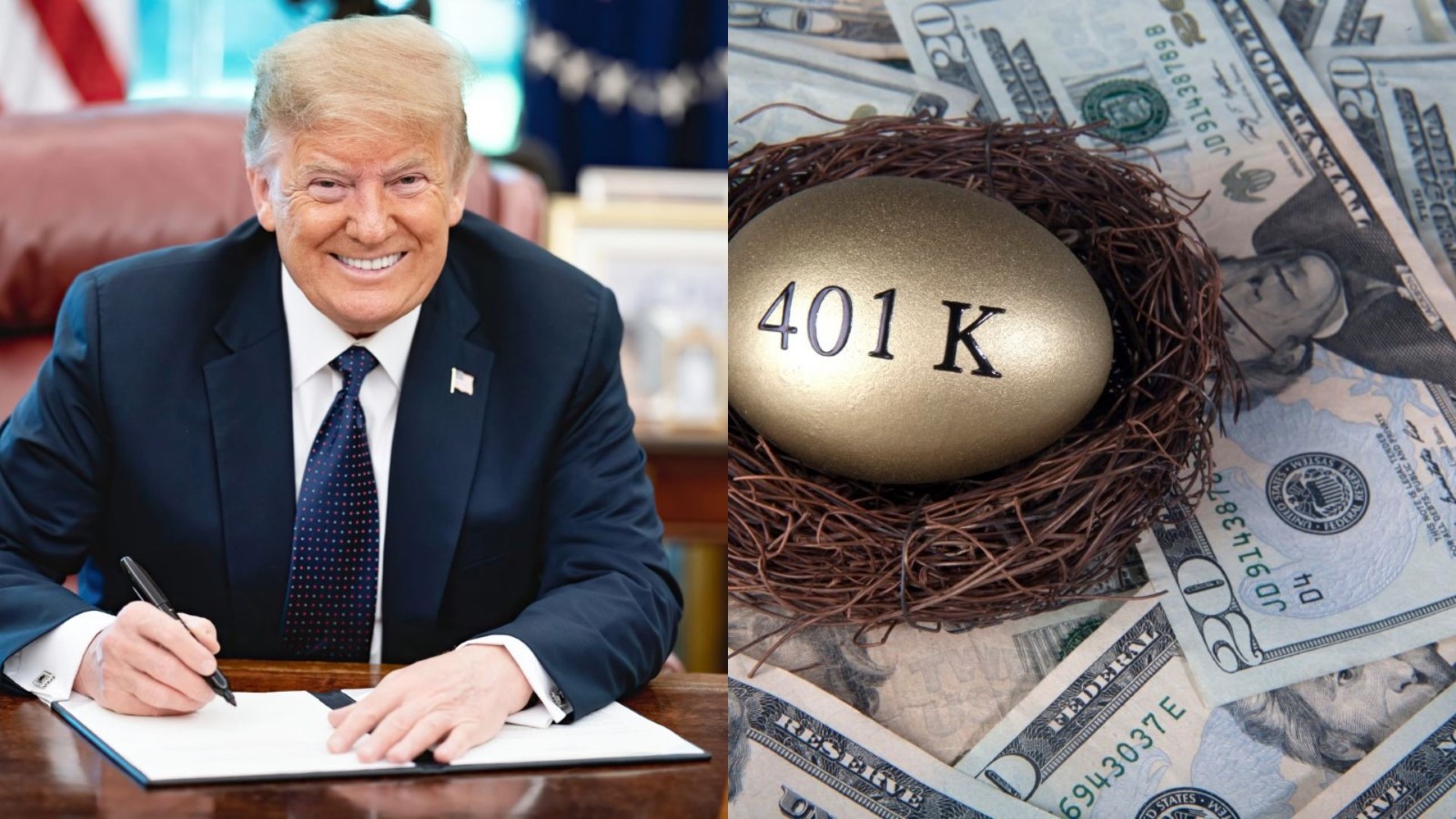
In a move that could reshape retirement planning for millions, President Donald Trump signed an executive order on Thursday allowing alternative investments like private equity, cryptocurrencies, and real estate to be included in 401(k) plans. The change marks a dramatic shift in policy, potentially opening the $12.2 trillion retirement savings market to high-growth assets previously off-limits to everyday Americans.
New Trump Order Lets 401(k) Hold Crypto and Private Equity. Is It a Retirement Revolution or a Trap?

With the Social Security trust funds projected to run out in less than a decade, Sens. Bill Cassidy (R-La.) and Tim Kaine (D-Va.) are pitching a bold plan. Their idea: invest $1.5 trillion over five years into a separate investment fund, give it 70 years to grow, and use the returns to keep benefits flowing.
Bold $1.5 Trillion Plan Promises to Rescue Social Security As Experts Warn of Big Risks
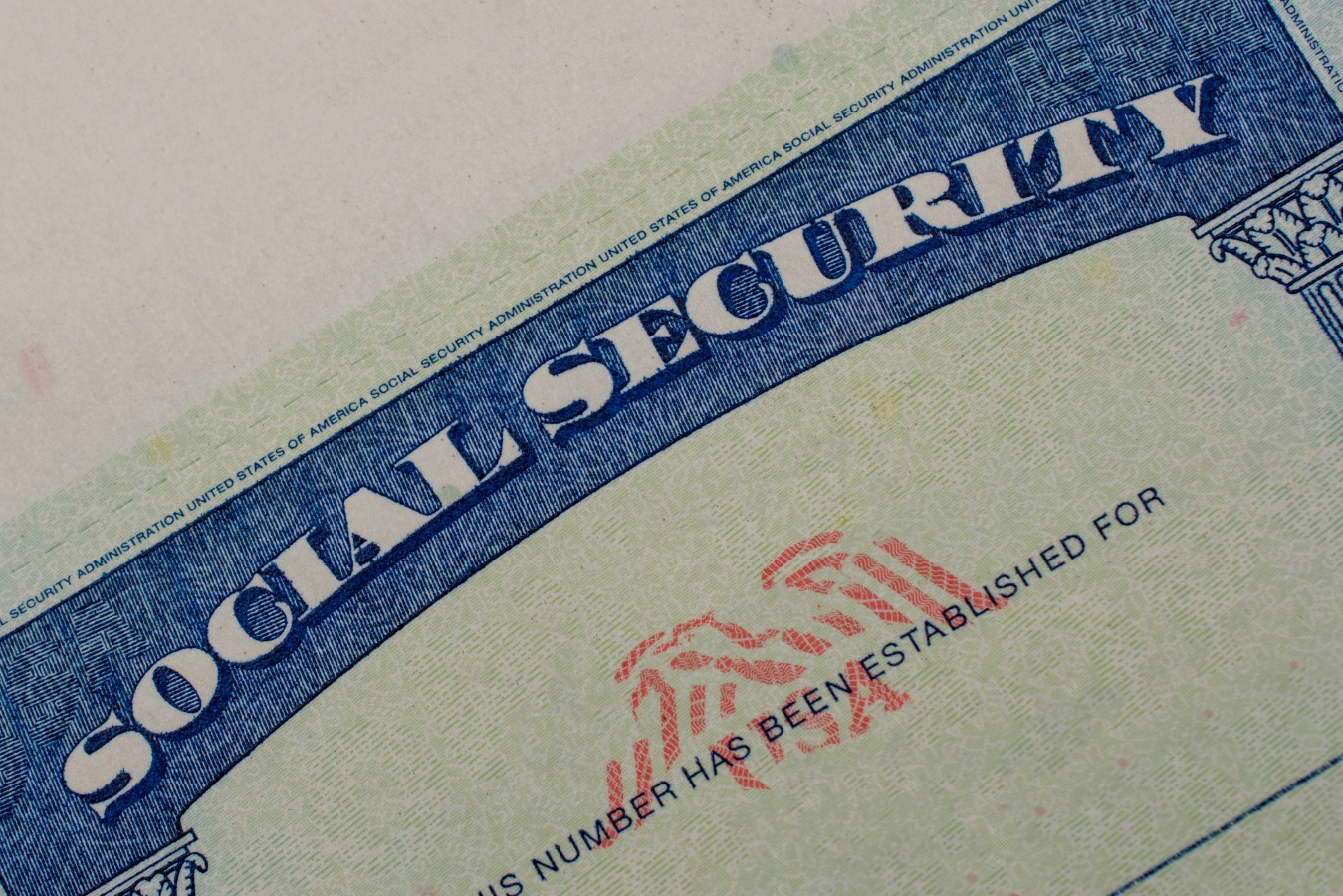
Today marks the 90th anniversary of Social Security, a program that has kept millions of Americans out of poverty for generations. But while the monthly checks remain a lifeline for retirees, new warnings from the program’s trustees show that drastic changes could be coming within less than a decade; unless Congress acts soon.
Social Security Turns 90 Today; But Trustees Warn Your Benefits May Not Survive to 100
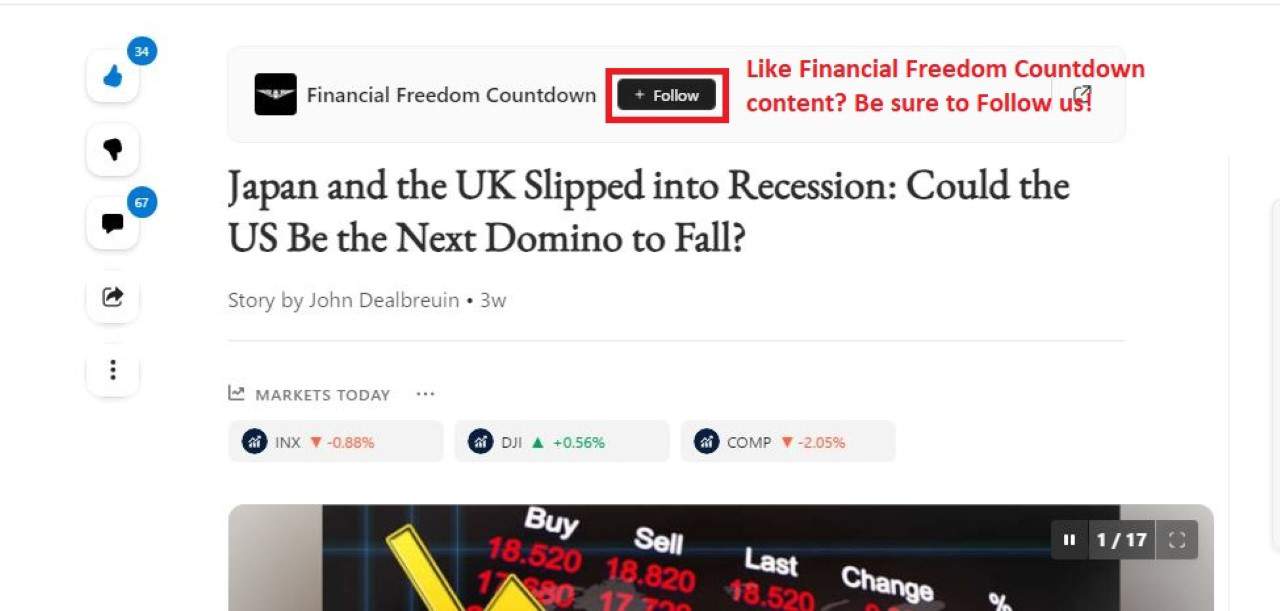
Did you find this article helpful? We’d love to hear your thoughts! Leave a comment with the box on the left-hand side of the screen and share your thoughts.
Also, do you want to stay up-to-date on our latest content?
1. Follow us by clicking the [+ Follow] button above,
2. Give the article a Thumbs Up on the top-left side of the screen.
3. And lastly, if you think this information would benefit your friends and family, don’t hesitate to share it with them!

John Dealbreuin came from a third world country to the US with only $1,000 not knowing anyone; guided by an immigrant dream. In 12 years, he achieved his retirement number.
He started Financial Freedom Countdown to help everyone think differently about their financial challenges and live their best lives. John resides in the San Francisco Bay Area enjoying nature trails and weight training.
Here are his recommended tools
Personal Capital: This is a free tool John uses to track his net worth on a regular basis and as a retirement planner. It also alerts him wrt hidden fees and has a budget tracker included.
Platforms like Yieldstreet provide investment options in art, legal, real estate, structured notes, venture capital, etc. They also have fixed-income portfolios spread across multiple asset classes with a single investment with low minimums of $10,000.
Source: Trump’s Tariffs Could Slash U.S. Deficits By $4 Trillion, CBO Finds – Financial Freedom Countdown